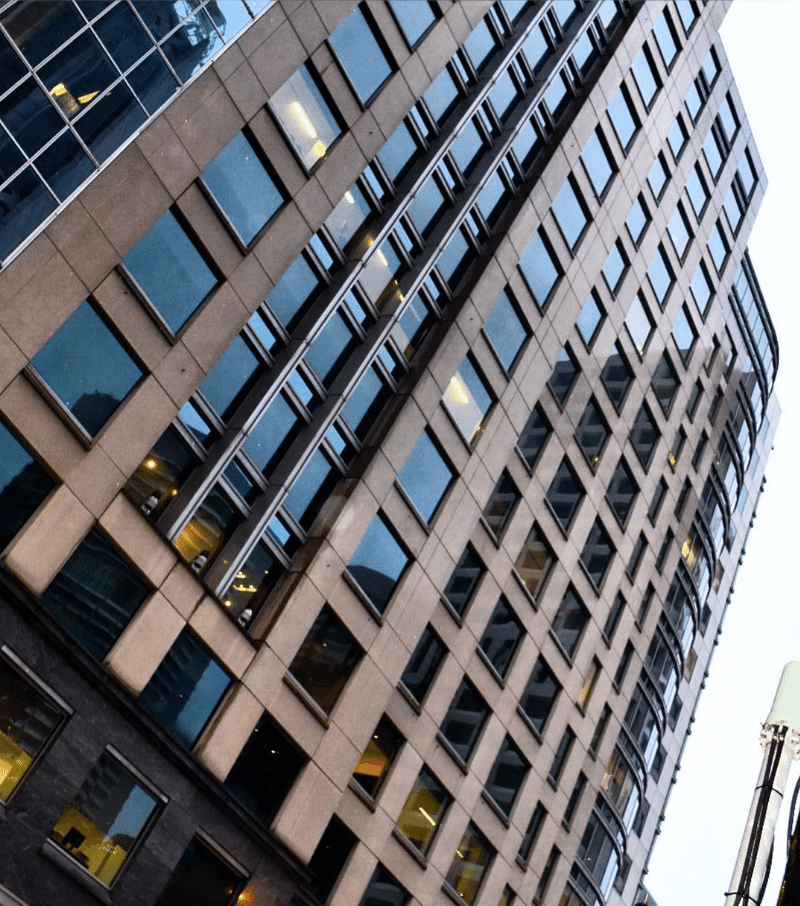As Lockdown continues and many tenants are forced to keep their doors closed, the NSW Government has updated its COVID-19 leasing laws and mandated rent relief for tenants.
In 2020, when the pandemic first began, the NSW government instated the Retail and Other Commercial Leases (COVID-19) Regulation 2020 which allowed for rent relief negotiations proportionate to a tenant’s turnover loss. However, this legislation ceased to have effect in early 2021.
The Retail and Other Commercial Leases (COVID-19) Amendment Regulation 2021 (the Amended Regulation) came into effect on 13 August 2021 and reinstates rent relief arrangements during this second wave of lockdown.
The amended regulation applies to leases entered into before 26 June 2021. It extends the prescribed period which began on 13 July 2021 until 13 January 2022.
The Amended Regulation requires that landlords and tenants renegotiate the rent having regard to the leasing principles of the National Code of Conduct (the Code). In accordance with the Code, rent and other terms of a lease impacted by COVID-19 must be renegotiated in good faith. Rent relief is to be provided in proportion with a tenant’s loss in turnover. At a minimum, at least 50% of rent relief must be via a rent waiver and the remainder as a rent deferral. The renegotiation must commence within 14 days of receiving a request.
Who is covered under the Amended Regulation?
The Amended Regulation protects ‘Impacted lessees’. An ‘impacted lessee’ must:
- qualify for one or more of the 2021 COVID-19 Micro-business Grant, 2021 COVID-19 Business Grant, or 2021 JobSaver Payment; and
- evidence turnover in the 2020/21 financial year (including at group level) of less than $50 million.
What does the tenant need to provide under the Amended Regulation?
The tenant is obliged to give the landlord a statement to the effect that they are an impacted lessee and provide the landlord with evidence of its impacted lessee status.
What is prohibited under the Amended Regulation?
The Landlord is prohibited from increasing rent during the prescribed period if the tenant is an impacted lessee, other than turnover rent.
A Landlord cannot take ‘prescribed actions’ (such as terminating a lease or drawing on security) for certain breaches of the impacted lease (e.g. where an impacted lessee fails to pay rent) during the prescribed period unless:
- the matter has been referred for mediation, and the Registrar of Retail Tenancy Disputes has certified that the mediation has failed to resolve the dispute; and
- the parties have attempted to renegotiate (if requested by the tenant).
Parties can agree that mediation and renegotiation are not a requirement for prescribed action.
During the prescribed period, parties can make additional requests for renegotiations. However, this is limited as parties cannot renegotiate rent or outgoings for a period already reduced, waived, or deferred following renegotiation.
During the current lockdown, the Amended Regulation provides guidance for how landlords and tenants should go about resolving tenancy disputes.
If you would like to discuss how this change affects your retail or commercial lease, or your business generally, please call a member of our Property Group on 9525 8688 or by email to Rebecca Flynn at rebecca@wmdlaw.com.au




![Construction Law Update – The decision of Pafburn Pty Limited v The Owners – Strata Plan No 84674 [2024] HCA 49](https://wmdlaw.com.au/wp-content/uploads/2025/05/Construction-500x383.jpg)

